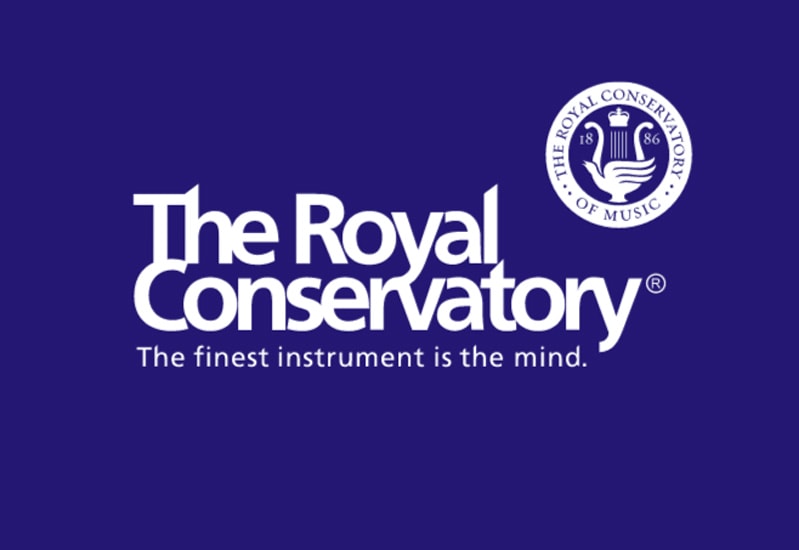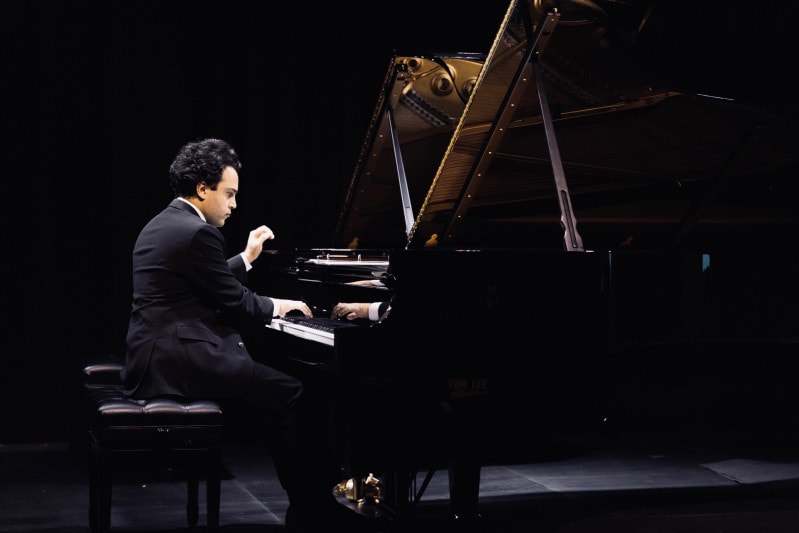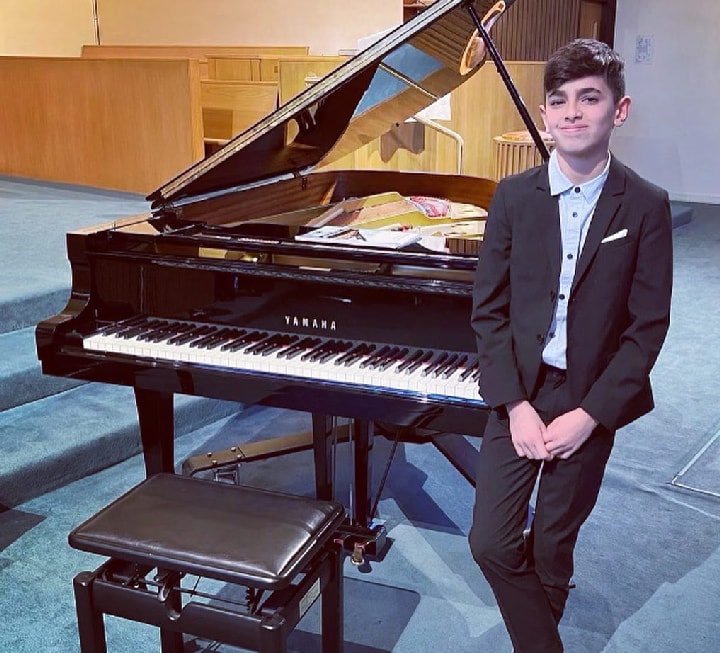
The RCM Piano Certificate is a comprehensive and well-rounded assessment of musical proficiency, offering an objective measure of skill level. Developed by the Royal Conservatory of Music (RCM), it is designed to ensure that pianists have a solid foundation on which to build their performance and music-making skills. The certificate is divided into 10 levels: from Preparatory (beginner) to Level 10 and ARCT (advanced).
At each level, students are assessed in both practical performance (which includes playing pieces from the RCM piano syllabus) and theory knowledge (which covers topics ranging from scales and chord progressions to musical analysis). Every aspect of the student’s ability is taken into consideration during the evaluation process. In addition to their performances and theoretical understanding, students must also demonstrate appropriate posture, technique, repertoire knowledge, tempo accuracy, and sight-reading ability.
To be eligible for certification at any grade level, students must be 16 years old or older at the time of assessment. Students may take the exam as many times as they wish to complete all requirements. After passing the examination with a minimum grade of 80%, they will receive an official certificate from RCM verifying their achievement.
The RCM piano exam has a structured syllabus that covers a wide range of musical styles, techniques, and abilities, from beginner to advanced levels. This allows students to progress through the levels at their own pace and to gain a well-rounded education in music.
The RCM piano exam evaluates a student’s musical skills, including their technique, musicianship, interpretation, and performance. This helps to identify areas of strength and weakness and to guide future study and practice.
Upon successful completion of an RCM piano exam, students receive a recognized certificate that demonstrates their achievements in music. This can be used to further their education, pursue a career in music, or simply show their accomplishments to friends and family.
The RCM piano exam places a strong emphasis on classical music, which is considered the foundation of Western music. However, students are also exposed to a variety of other musical styles, including popular and jazz music, to broaden their musical education and experience.
The RCM piano exams are conducted by experienced examiners who are knowledgeable and trained in music education. These examiners provide constructive feedback and guidance to students, helping to improve their skills and abilities.


students will learn the fundamental skills and techniques necessary for playing the piano. This includes proper hand positioning, finger technique, and sound production. The focus will be on developing technical proficiency to allow students to play with ease, expression, and control. By mastering these essential skills, students will be better equipped to tackle more advanced repertoire and prepare for their RCM Piano Examination with confidence.
Good posture and hand position are crucial elements of effective piano playing. In this section of the course, students will learn how to sit and position their hands correctly at the keyboard to prevent injury and promote good technique. They will also learn how to maintain proper posture throughout their playing, allowing for a comfortable and effective playing experience.
Students will learn the basics of music theory and harmony, including scales, key signatures, chord progressions, and how to analyse music. This knowledge will be essential for students to successfully navigate the demands of the RCM Piano Examination and to play with a deeper understanding of the music they are performing.
Sight-reading and score interpretation are critical skills for any musician, especially for those preparing for the RCM Piano Examination. In this section of the course, students will learn how to quickly and accurately read music, including rhythm, melody, and harmony. They will also learn how to interpret the written instructions and express the intended musical intent through their playing. With regular practice, students will develop the ability to perform new pieces with confidence and ease, even on short notice. The goal is to equip students with the skills necessary to succeed in the sight-reading portion of the RCM Piano Examination and to enhance their overall musical performance.
In addition to technical proficiency, performance techniques, and stage presence are crucial components of a successful piano performance. In this section of the course, students will learn how to prepare for and perform a successful piano recital, including how to manage performance anxiety and how to project confidence on stage. They will also learn about various performance techniques, such as dynamics, phrasing, and tempo, and how to effectively communicate these elements to the audience through their playing. This training will be invaluable for students preparing for the RCM Piano Examination and for anyone interested in pursuing a career as a professional pianist. The goal is to empower students with the skills and confidence necessary to deliver outstanding performances, both in the examination room and on stage.










